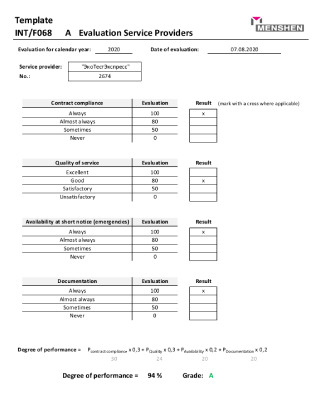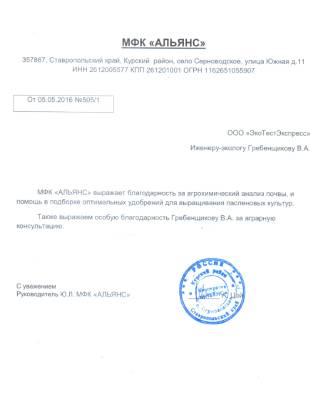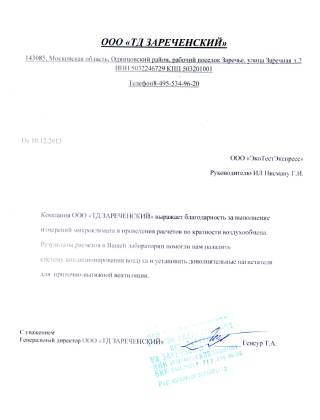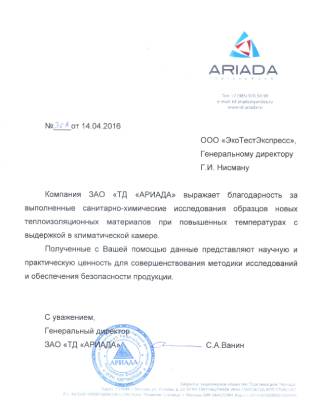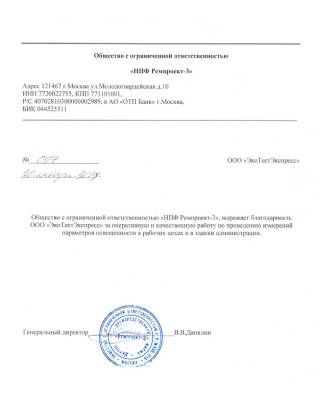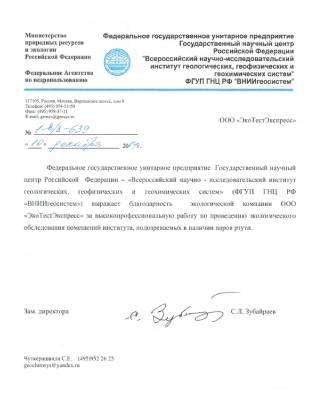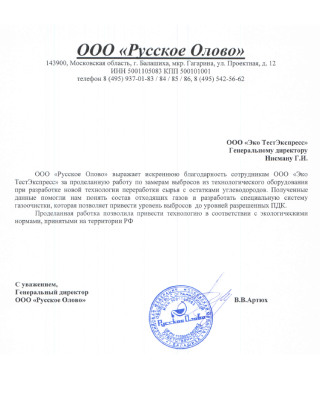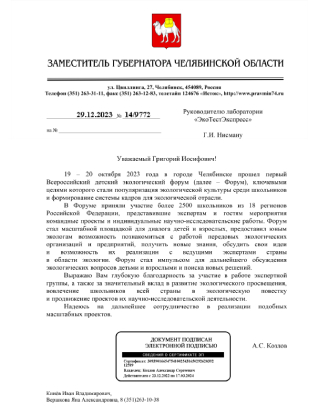- From Shifting Tides to Urgent Updates: Understanding the Ripple Effect of Current World news & Its Influence on Daily Life.
- The Evolution of News Delivery: From Print to Digital
- The Impact of Global Events on Local Economies
- The Role of Social Media in Shaping Public Opinion
- The Influence of International Organizations
- Navigating the Information Age: A Call for Critical Thinking
From Shifting Tides to Urgent Updates: Understanding the Ripple Effect of Current World news & Its Influence on Daily Life.
The constant flow of information characterizing the modern world means individuals are perpetually exposed to a stream of current events and happenings. This ubiquitous presence of information, often broadly termed as ‘news‘, significantly shapes perceptions, influences decisions, and ultimately impacts daily life. Understanding the mechanisms that govern this flow, the sources it originates from, and the ways in which it is consumed is crucial for navigating an increasingly complex global landscape. The impact extends beyond politics and economics; it influences cultural trends, social norms, and even personal well-being.
Effectively, gaining an unbiased perspective on these developments becomes increasingly challenging. The sheer volume of information available, coupled with the proliferation of various media channels and the potential for misinformation, demands a critical approach to news consumption. Evaluating the credibility of sources, recognizing potential biases, and seeking a diversity of perspectives are all essential skills for informed citizens. This ability to discern fact from fiction is perhaps more vital now than ever before, as the consequences of misinformed decisions can be far-reaching.
The Evolution of News Delivery: From Print to Digital
Historically, news dissemination was a relatively slow process, largely confined to print media like newspapers and magazines. Information was curated by journalists and editors, and reaching a wide audience took time and required significant resources. However, the advent of radio and television drastically accelerated the pace of news delivery, enabling wider and more immediate access to current events. Today, the digital revolution has transformed news consumption in unprecedented ways.
The internet and social media platforms have democratized news creation and distribution, empowering individuals to become both consumers and producers of information. This has led to a 24/7 news cycle, where events are reported in real-time as they unfold. While this immediacy offers undeniable benefits, it has also created challenges related to verifying accuracy and combating the spread of fake news. The very foundations of journalism are being reshaped by these technological advancements, forcing a reassessment of traditional practices and ethical considerations.
The speed and accessibility provided by digital platforms have also fostered a shift towards personalized news experiences. Algorithms curate content based on individual preferences and browsing history, creating “filter bubbles” where individuals are primarily exposed to information that confirms their existing beliefs. This can lead to increased polarization and a diminished understanding of alternative viewpoints. Below is a table illustrating the shift in news consumption over the past decade.
| Newspaper (Print) | 35 | 15 |
| Television | 52 | 38 |
| Online (Website/Apps) | 38 | 65 |
| Social Media | 20 | 45 |
The Impact of Global Events on Local Economies
Global events, irrespective of their geographical location, increasingly exert a powerful influence on local economies. Major political upheavals, natural disasters, and economic shocks in one part of the world can have ripple effects that extend across borders, impacting trade, supply chains, and financial markets. For instance, geopolitical tensions can disrupt the supply of essential commodities, leading to price increases and economic instability in dependent regions. Economic downturns in major economies can similarly trigger recessions in smaller nations reliant on trade or investment.
The interconnected nature of the global economy means that even seemingly isolated events can have widespread consequences. Evaluating these connections is critical for businesses and governments alike. proactive risk management, diversification of supply chains, and stronger international cooperation are all strategies to mitigate the negative impacts of global shocks. A key factor is the role of information transparency; accurate and timely information allows for informed decision-making and reduces uncertainty in volatile economic times.
Here’s a list outlining some key areas where global affairs directly affect local economic conditions :
- Trade Disruptions: Conflicts and trade wars can interrupt the flow of goods, raising costs for consumers and businesses.
- Currency Fluctuations: Global economic shifts impact exchange rates, affecting import and export competitiveness.
- Investment Flows: Political instability can deter foreign investment, slowing economic growth.
- Commodity Prices: Global demand and supply imbalances drive price fluctuations in essential resources like oil and food.
The Role of Social Media in Shaping Public Opinion
Social media has emerged as a dominant force in shaping public opinion related to global events. Its capacity for rapid dissemination of information, combined with its ability to reach vast audiences, has transformed the way people perceive and understand the world around them. While social media can facilitate the sharing of diverse perspectives and provide a platform for marginalized voices, it also presents significant challenges in terms of misinformation and echo chambers. The algorithms employed by social platforms can prioritize engagement over accuracy, allowing sensationalized or fabricated content to spread quickly and widely.
The spread of “fake news” and propaganda on social media has become a major concern, eroding public trust in traditional media institutions and contributing to political polarization. The algorithmic amplification of extreme views can exacerbate existing divisions and foster hostility between different groups. Furthermore, the prevalence of bots and fake accounts can manipulate online conversations and artificially inflate support for certain narratives. Critical media literacy skills are essential for navigating the complex information landscape of social media and discerning credible information from misinformation.
Below is a table relating to average daily time spent on social media platforms by age group, revealing a significant dependence on these platforms for information consumption:
| 18-24 | 111 |
| 25-34 | 98 |
| 35-44 | 74 |
| 45-54 | 62 |
| 55+ | 43 |
The Influence of International Organizations
International Organizations, such as the United Nations, the World Trade Organization, and the International Monetary Fund, play a critical role in addressing global challenges and fostering international cooperation. These organizations provide forums for dialogue, mediate disputes, and formulate policies aimed at promoting peace, security, and sustainable development. They also provide humanitarian assistance, monitor global trends, and coordinate responses to crises, The effectiveness of these organizations is often debated, with critics pointing to their bureaucratic inefficiencies and perceived lack of accountability.
However, international organizations remain essential for tackling issues that transcend national borders, such as climate change, pandemics, and economic instability. Their ability to convene a wide range of stakeholders, mobilize resources, and establish international norms gives them a unique leverage in addressing these complex challenges. Strengthening these organizations and enhancing their capacity to respond effectively to global crises is therefore paramount for building a more stable and equitable world. Access to transparent information is crucial for monitoring their effectiveness and ensuring accountability.
Here are some critical areas international organizations address:
- Peace and Security: Maintaining international peace through conflict prevention and resolution.
- Economic Development: Promoting sustainable economic growth and reducing poverty.
- Humanitarian Assistance: Providing aid to populations affected by disasters and conflicts.
- Global Health: Coordinating responses to pandemics and improving global health outcomes.
Navigating the Information Age: A Call for Critical Thinking
In conclusion, the contemporary landscape is characterized by an overwhelming abundance of information. Discerning between reliable sources and misinformation requires a proactive and critically minded consumer. The speed at which events unfold demands careful evaluation. Remaining informed about global events is vital not just for understanding the world around us but also for making informed decisions in our personal and professional lives.
Developing a strong understanding of media literacy, seeking diverse perspectives, and staying vigilant against biased reporting are all crucial steps in navigating the complex information age. The future will depend on the willingness for individuals to be informed as well as informed contributors to thoughtful discussions and solutions. Only then can we harness the power of information to build a more just, peaceful, and prosperous world.











